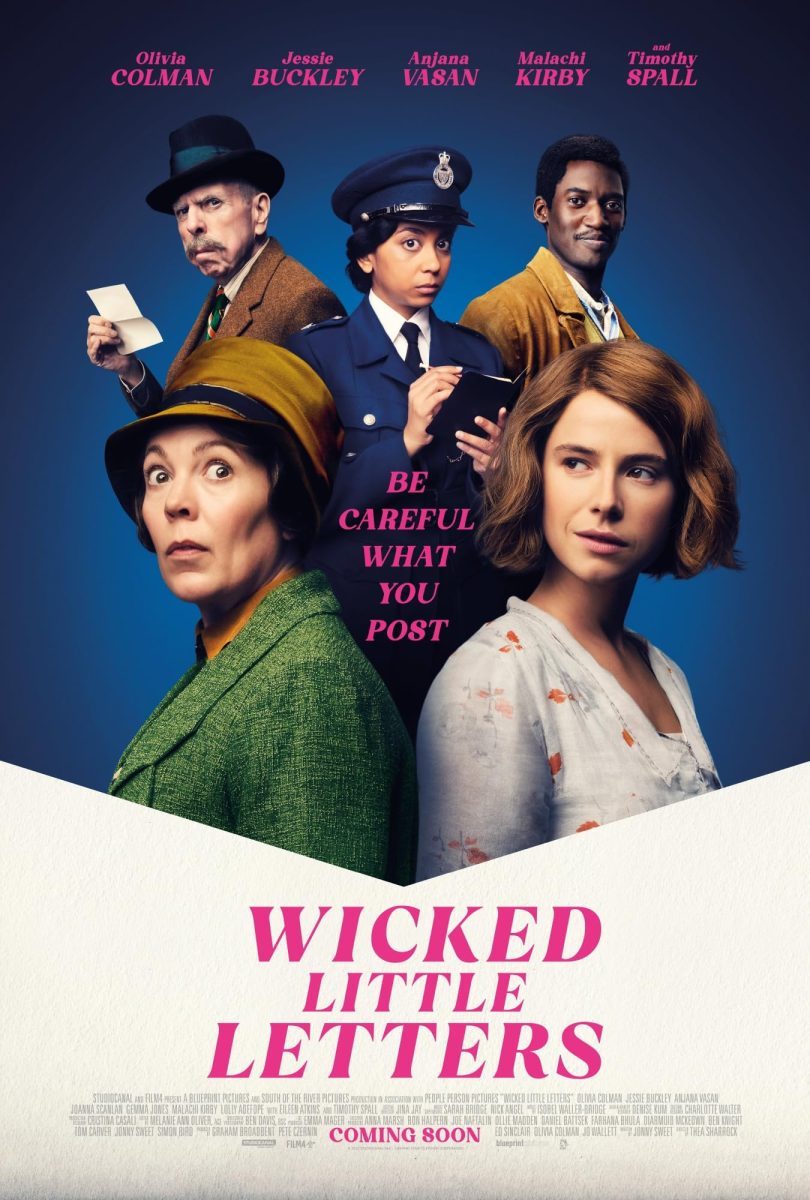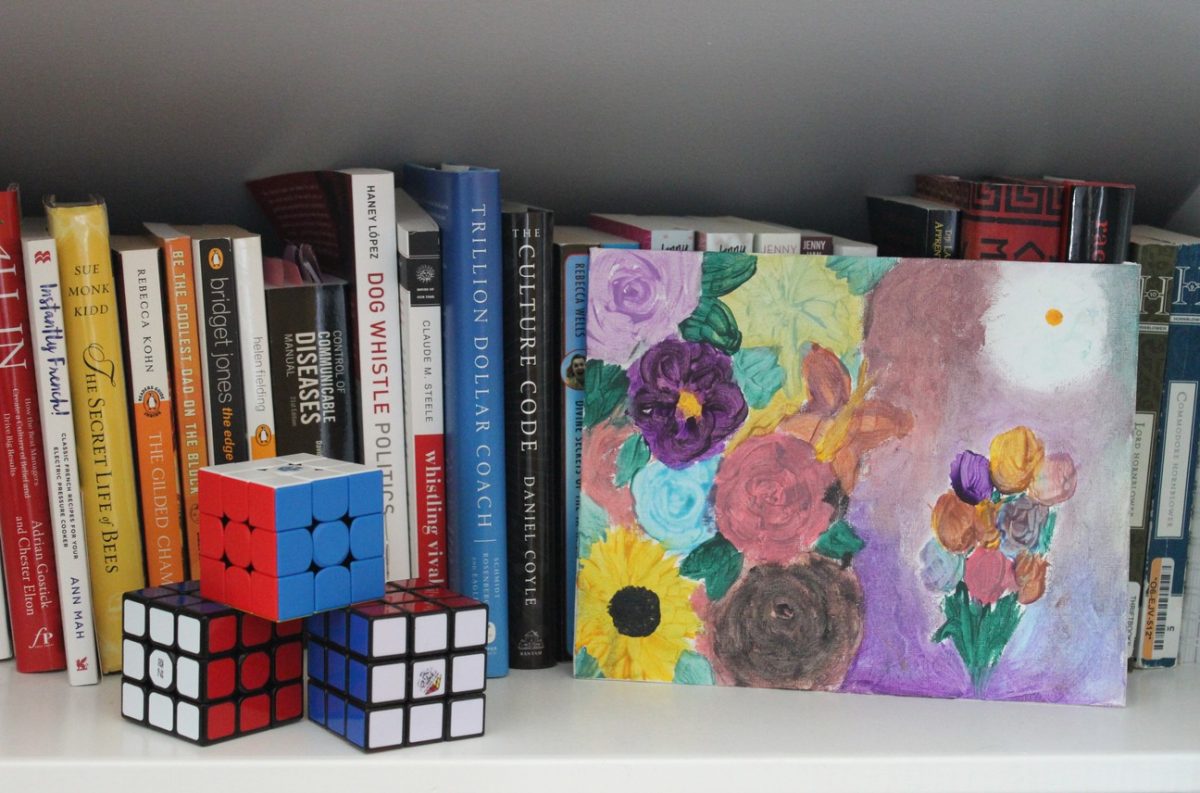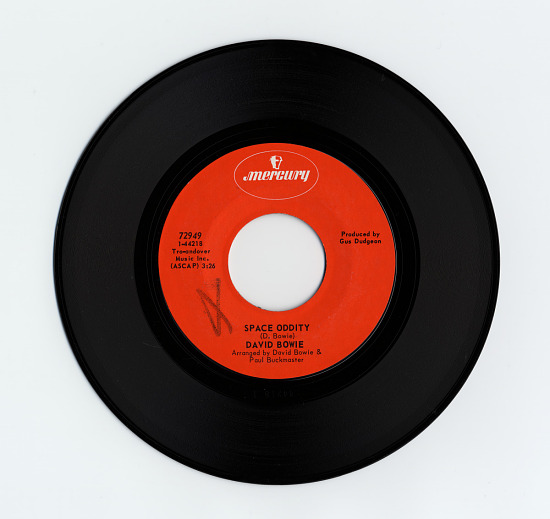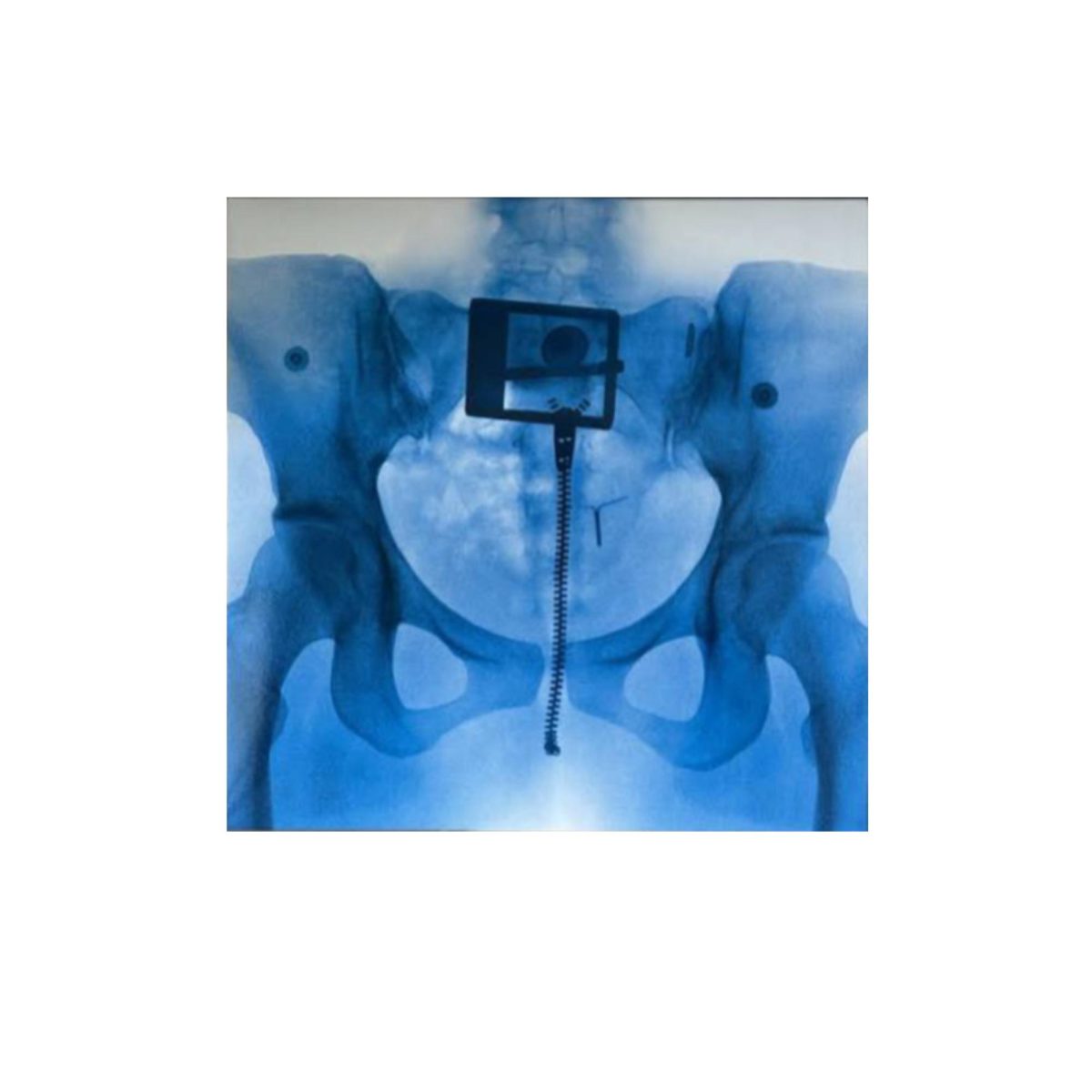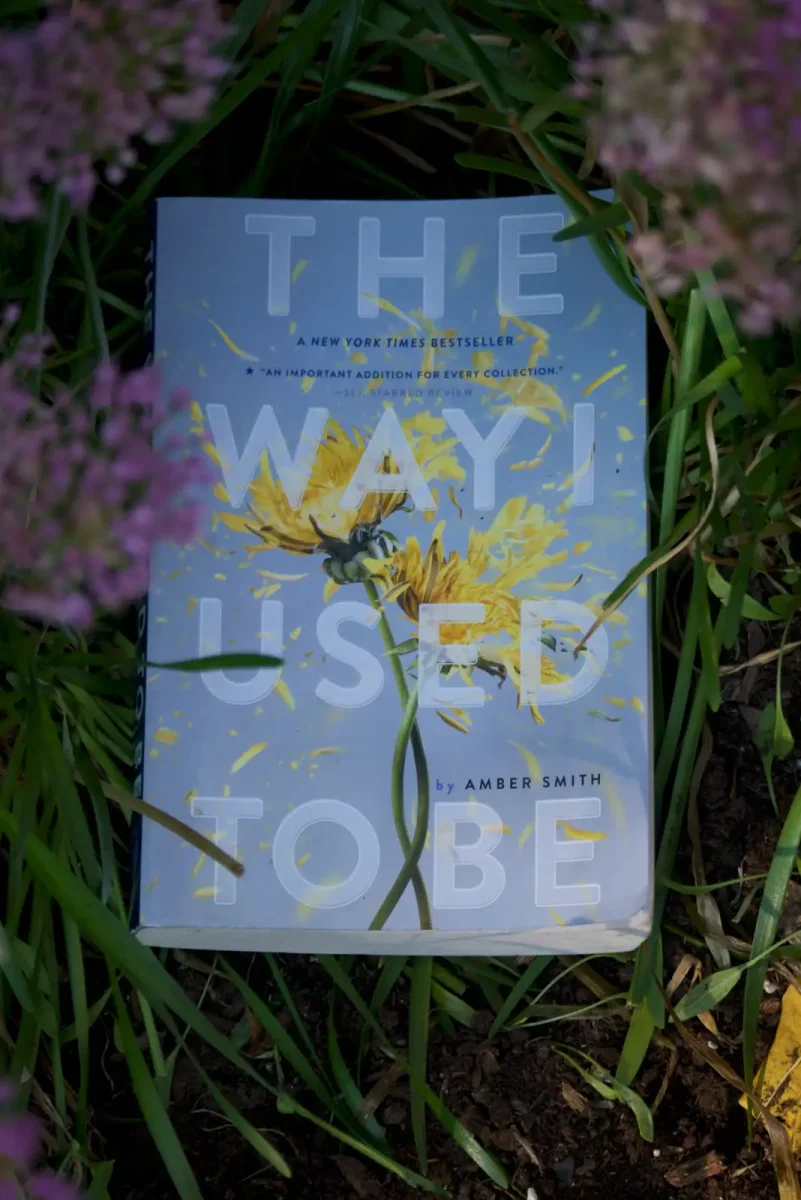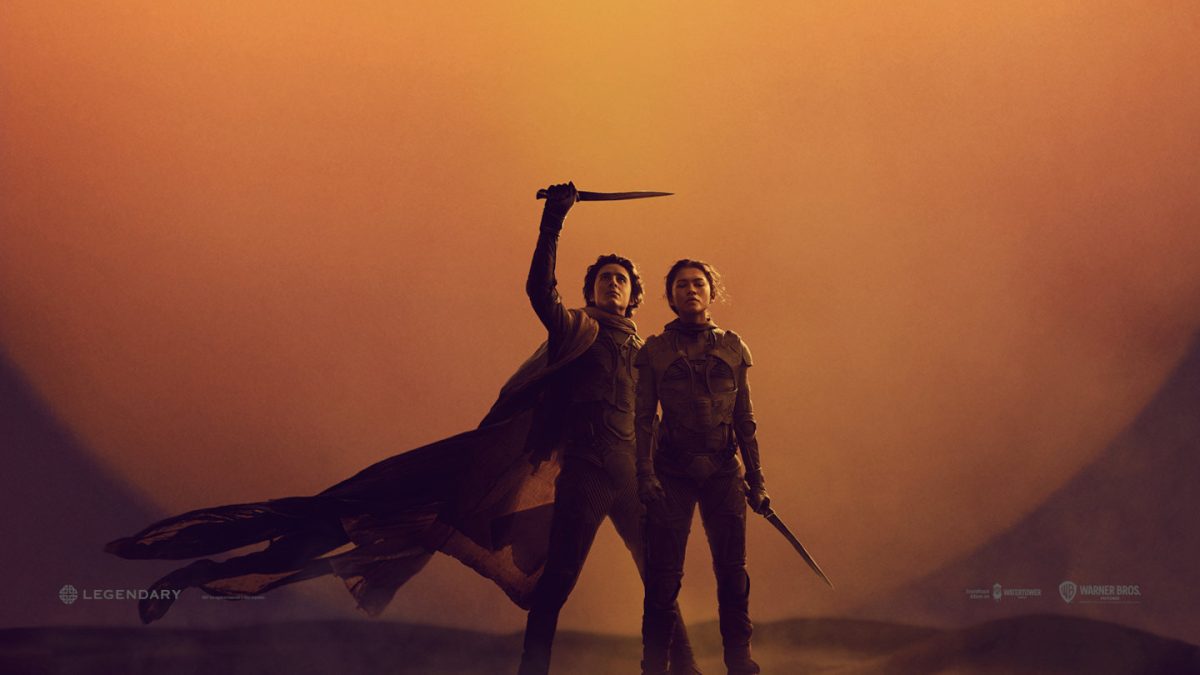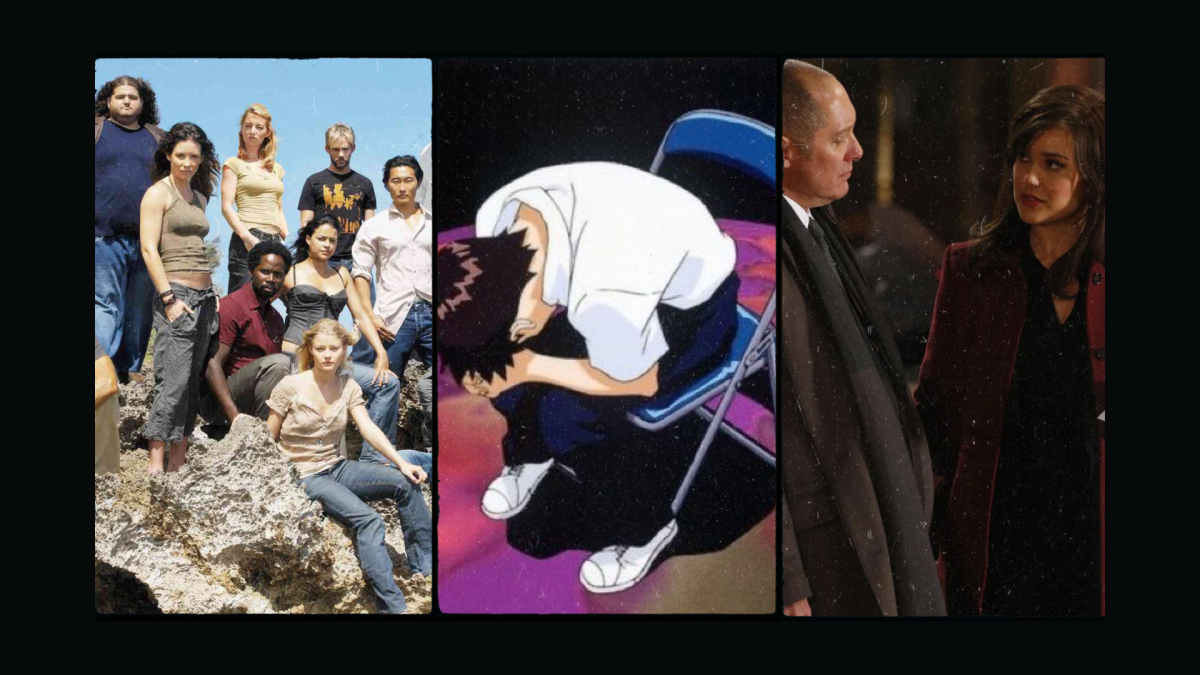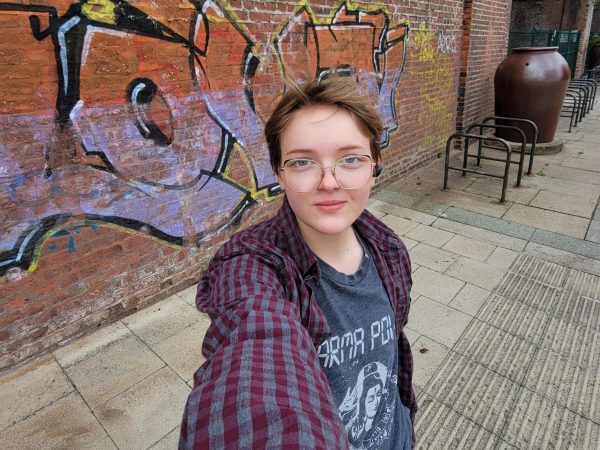“Wicked Little Letters” is one of my favorite mystery movies, blending sharp humor with insightful societal critique. Based on a true story, it centers on the 1920s tension between Rose Gooding and Edith Swan during the suffragette movement. This period marked a crucial push for women’s rights, with suffragettes advocating for the vote despite intense opposition. While the 1918 Representation of the People Act gave limited voting rights, many women remained excluded due to age and property restrictions. The suffrage spirit of rebellion and defiance against a patriarchal system is echoed in the film, particularly through Rose Gooding’s refusal to conform and Gladys Moss’s resilience within the male-dominated police force.
Edith Swan, portrayed by Olivia Coleman, is a deeply conservative woman, and Rose Gooding, portrayed by Jessie Buckley, is a free-spirited Irish immigrant whose life is upended by a series of anonymous and profanity-filled letters. As the letters create chaos and suspicion in their small town, Gooding becomes a prime suspect, sparking an investigation that includes the determined police officer Gladys Moss, portrayed by Anjana Vasan.
The film’s greatest strength is in its character-driven story. Coleman’s portrayal of Edith Swan is nuanced; she successfully emits both an outwardly reserved and anxious demeanor along with inner turmoil. Buckley’s Gooding, on the other hand, is an open book—bold, emotional and foul-mouthed, making her a character you can’t help but root for.
The film does an outstanding job in exploring the role of women in a small, tightly-knit community, showing how they both conform to and challenge conventional norms. Edith Swan, the “traditional” woman, clings to a respectable image at all costs, embodying the pressure to suppress emotions. In contrast, Rose Gooding is fearlessly rejecting these norms, challenging traditional gender roles with her spirited rebellion. The women in the film, particularly Gladys Moss, the underestimated police officer, ultimately drive the plot forward, uncovering the mystery. Edith’s emotional repression creates tension, turning Rose into a scapegoat for her frustrations.
The plot builds suspense seamlessly, as the mystery surrounding the letters deepens. What begins as a simple investigation soon turns into a larger story about the hidden truths behind small-town gossip and pent-up anger. While I found myself laughing to tears, particularly in the interactions between Rose Gooding and other characters, the film also presents darker undertones about how people are quick to condemn others for their differences.
For me, “Wicked Little Letters” is more than a clever mystery; it’s a bold critique of socially accepted judgments of women. I loved how Rose Gooding’s unapologetic defiance and Gladys Moss’s quiet determination symbolized resistance, while Edith Swan’s unraveling showed the cost of suppressing emotions to fit in. The humor and suspense kept me hooked, but what stayed with me was the deeper message. “Wicked Little Letters” will leave you reflecting long after the credits roll.



